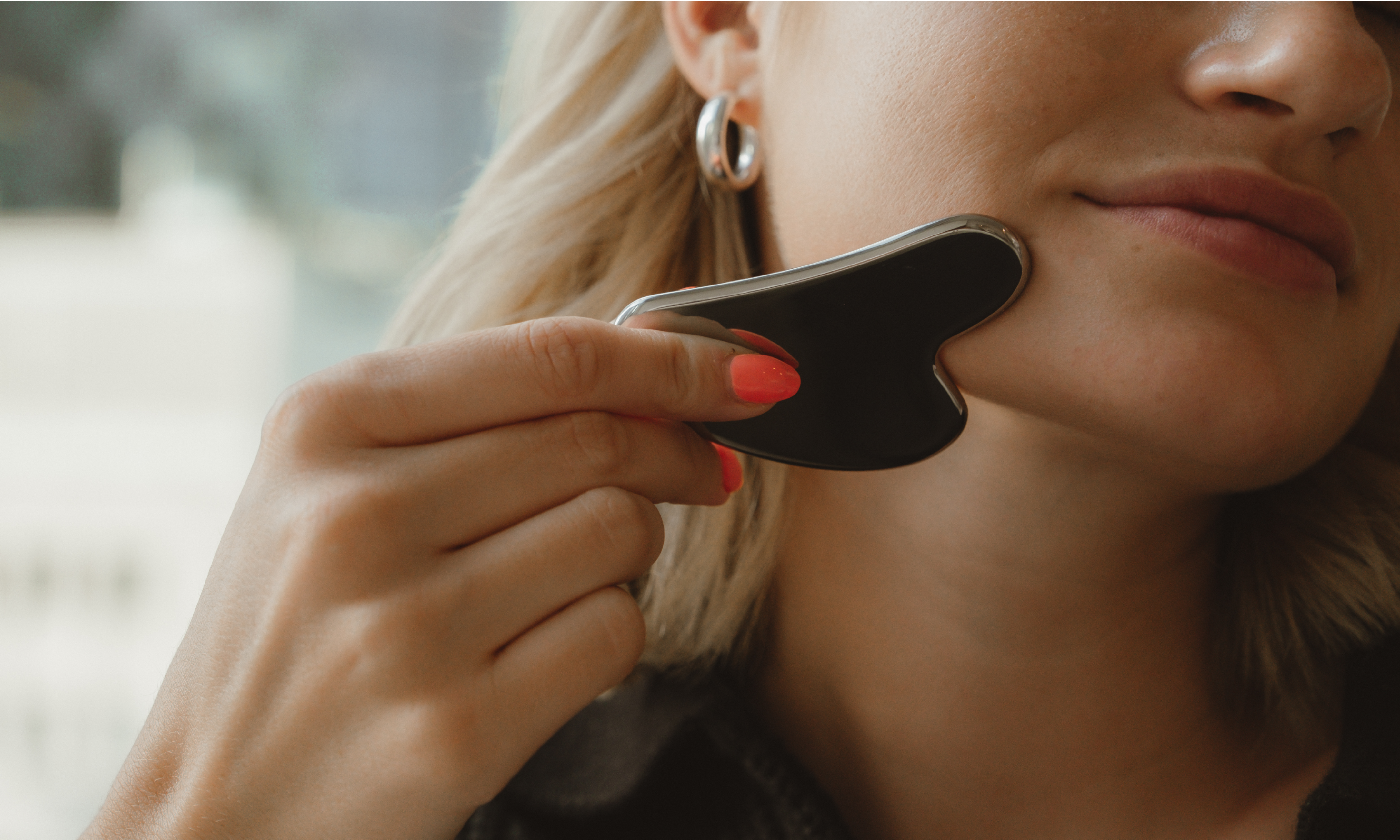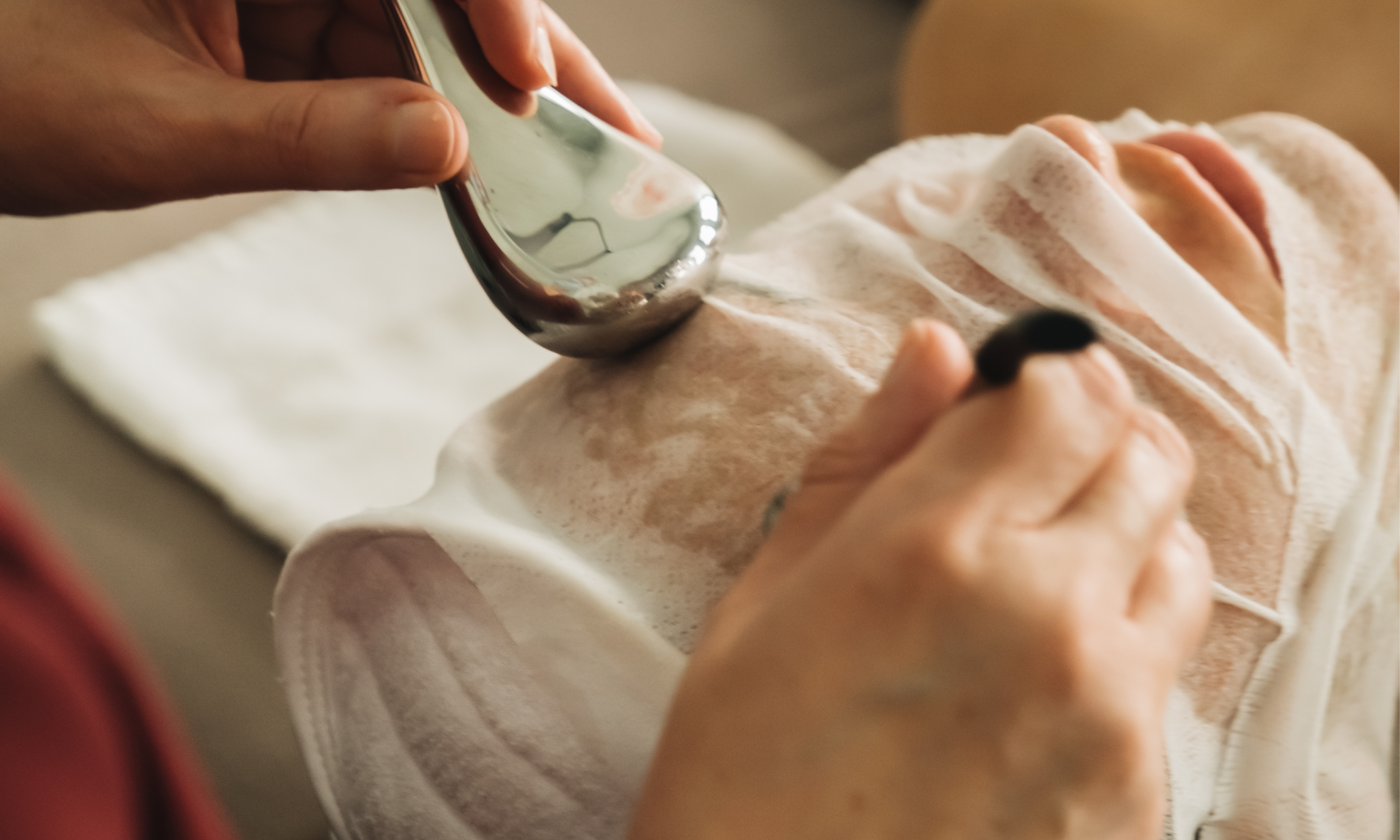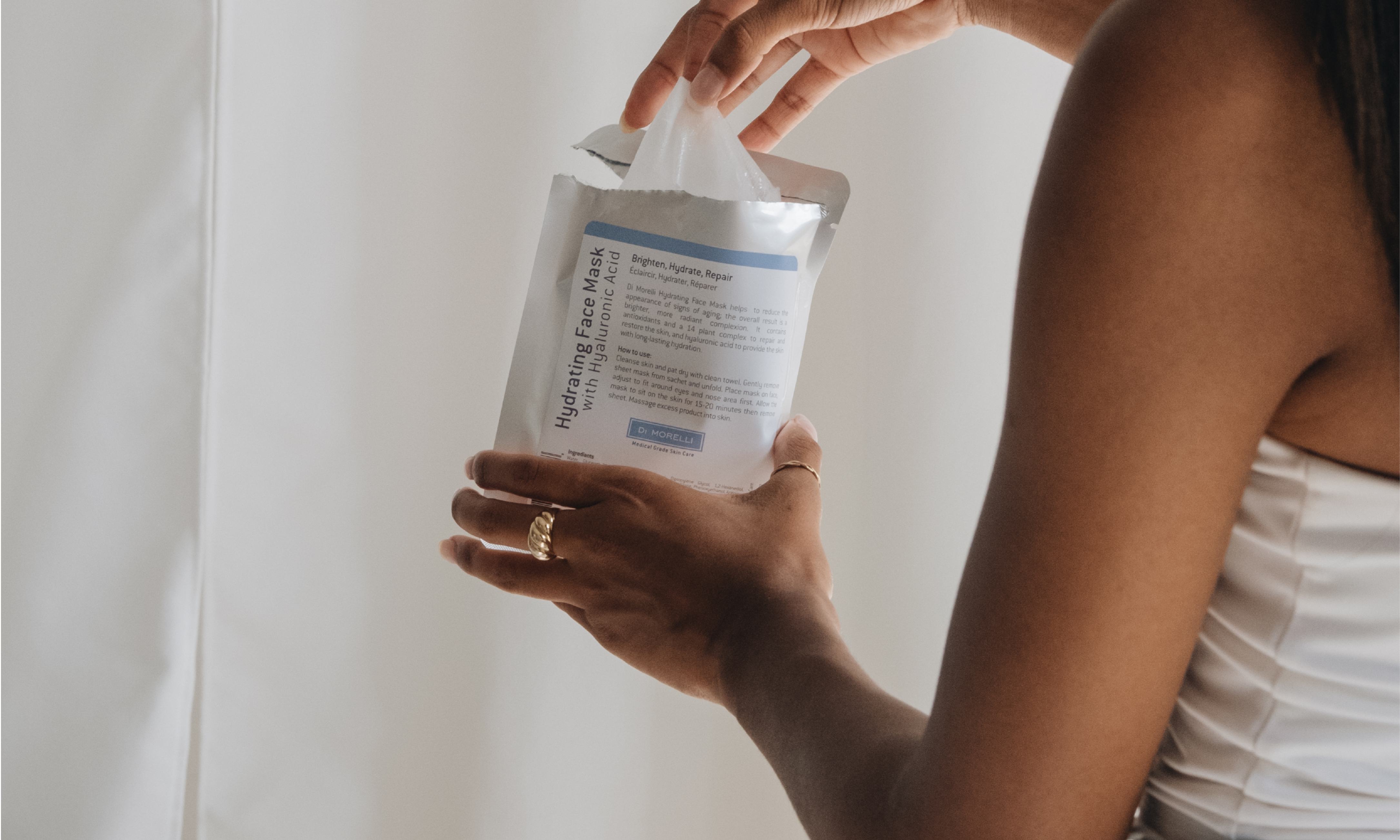
3 Ways to Relieve Jaw Tension
Jaw tension is no joke, and anyone who has experienced it knows just how debilitating it can be. Fortunately, whether your jaw discomfort is due to stress, teeth grinding, or other factors, there are effective strategies out there to help you alleviate jaw pain and regain comfort and functionality in your daily activities. Check out our top 3 practical tips and techniques to help you find some jaw relief ASAP!
FREEZE THE MUSCLES
Botox injections are an effective way to alleviate jaw pain. The treatment works by temporarily paralyzing the muscles responsible for jaw clenching or grinding. Botox treatment can provide relief for several months, making it a suitable option for chronic jaw tension.
In order to ensure safe and effective treatment, the only people to inject jaw Botox should be qualified healthcare providers or dentists with experience in Botox injections.
(Psst: Looking for your professional Botox destination? Give us a call at SkinEnvie Medispa!)
GUA SHA TECHNIQUE
Gua Sha involves using a smooth-edged tool to gently massage the skin and muscles on the face. When massaged on the jaw area, it can release muscle tension and improve blood circulation. For better gliding and to prevent irritation, we suggest applying a face oil––such as our current favorite, the Augustinus Bader The Face Oil––before massaging.
You can also gently massage your jaw and neck muscles using your fingertips to alleviate the tension. Following up with a heat pack or some cold therapy as needed for relief is also recommended.
MOUNT LAI THE JADE GUA SHA TOOL
STRESS REDUCTION
Managing jaw tension involves addressing a significant contributor: stress. Stress management is addressed through relaxation techniques such as deep breathing, a balanced and active lifestyle, as well as meditation.
Being mindful of stress-induced habits like teeth clenching and grinding is also essential to reducing jaw tension. When you notice a clenched jaw, you can try gentle jaw exercises and stretches––like opening and closing the mouth, or moving your jaw left and right. And for nighttime grinders (also oftentimes related to subconscious stressors), a mouthguard can help.
Last but not least, to avoid unnecessary stress on the jaw, consider avoiding trigger foods. Crunchy foods like nuts, fruits and vegetables you bite into, meats, hard candies, and gum often require lots of effort from the jaw and are best avoided during recovery.
Until next time,
The BSE Team












Leave a comment
This site is protected by hCaptcha and the hCaptcha Privacy Policy and Terms of Service apply.